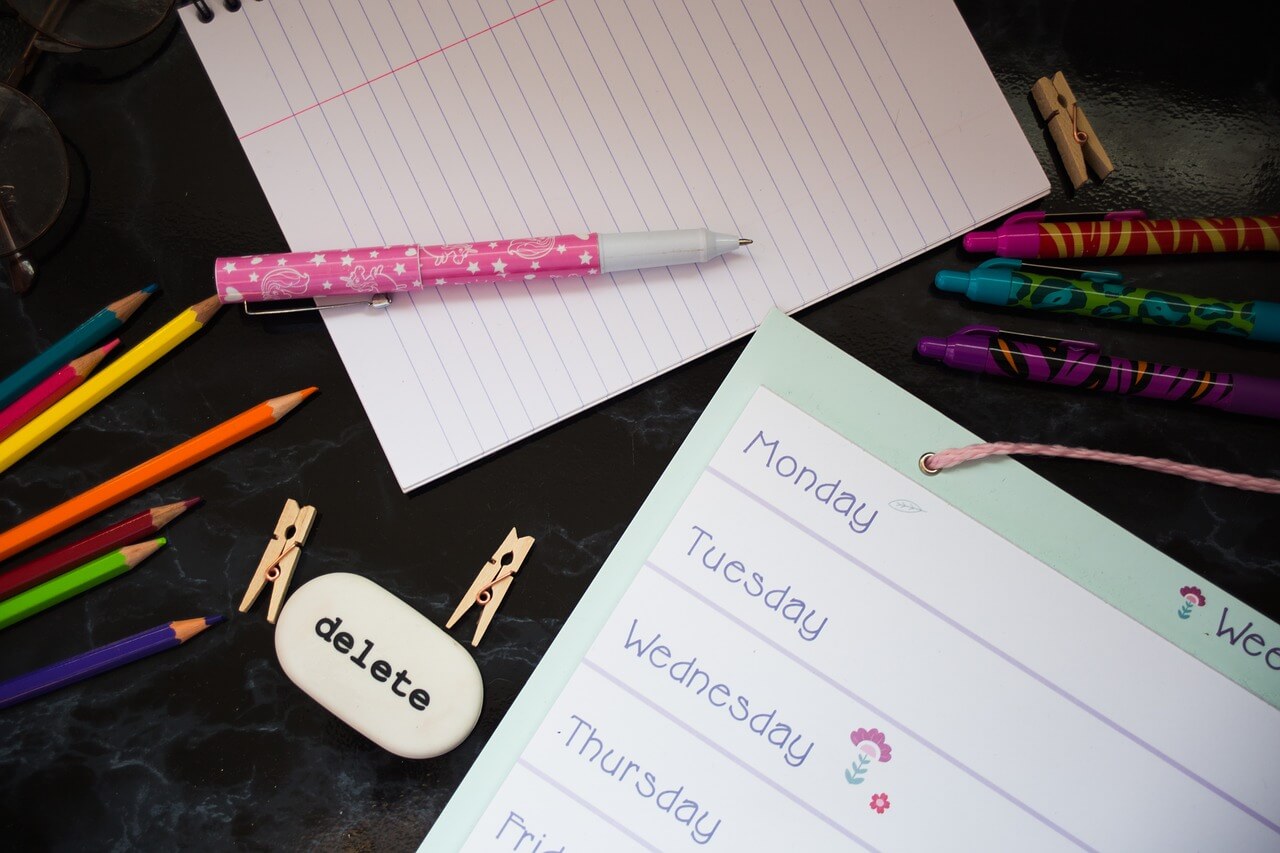In the first week of March each year, parents across the country will be finding out whether their child has been offered a place at their first choice of secondary school. The Good Schools Guide has warned that almost 100,000 children will not be offered a place at their first choice of school, due to the increase in demand for top schools.
Which parent decides what school the child attends?
For separated parents, choosing which school your child should go to can be tricky. Where both parents have Parental Responsibility, they are both responsible for choosing and providing their child’s education. A child’s mother automatically has Parental Responsibility for her child since birth. A child’s father will automatically have Parental Responsibility if he was married to the child’s mother at the time of the child’s birth. Alternatively, if the parents were not married, the father will have Parental Responsibility if he is listed on the child’s birth certificate (since December 2003) or has obtained a Parental Responsibility Order.
The starting point, as in all decisions concerning children, is for the parents to agree the school between themselves. It is often helpful for both parents to visit the schools in advance of applying, to get a feel for the school environment. This can be followed up with a meeting between the parents to discuss the options and weigh up the pros and cons of each school. For secondary school particularly, it is often a good idea to involve the child concerned and consider their views when making the decision. A family mediator may also assist to facilitate this discussion.
What happens if separated parents don’t agree on a school?
In circumstances where an agreement cannot be reached between the parents, one of the parents can make an application to Court for a Specific Issue Order, determining where they should apply for the child should go to school (any order of the court will of course be subject to the school’s availability in any event). The parent making the application would need to attend a Mediation Information and Assessment Meeting before making the application. Whilst this takes the matter out of the parents’ hands, it is worth noting that where an application is made for a Specific Issue Order, the Court can make further orders concerning the child– for example, with which parent the child should live or when the child should spend time with the other parent. Whilst this is rare when the parents are in agreement on these issues, it is a risk that should be considered before making an application.
The Court will consider a range of factors in determining which school the child should apply to and the best interests of the child will be the paramount consideration. An application for a Specific Issue Order may take some months to resolve and it is therefore important that the parent unhappy with the school choice makes the application as soon as possible. If state schools are in issue, then any Court proceedings really should be resolved prior to the school application process deadline on 31 October of the year prior to the child starting at the new school, so that the application can be made in accordance with the Court Order, so you will need to plan well ahead. It is likely to be easier to deal with the issue somewhat later where there are competing school places available in independent schools. Once a child has started at a school, it is still possible to make an application for them to move schools, but the Court will normally consider that it is rarely in the child’s best interests to move schools midway through the academic year.
In circumstances where timing is an issue, the parents may wish to consider Family Arbitration, which is a form of private dispute resolution in which the parents enter into an agreement to appoint an arbitrator to determine the issue. Arbitration is often a far quicker method of dispute resolution, and can be more tailored to your specific circumstances
If you are concerned about your child’s schooling, it is important to take legal advice on unmarried couples rights and your options as soon as practical to ensure there is sufficient time to resolve the issue.














